NUTRAMICIN Forte® – Essential oils are highly concentrated plant extracts that are obtained by steam distillation or cold pressing. They are called “essential” because they contain the essence of the plant from which they are derived.
Essential oils include volatile organic compounds that are responsible for their characteristic aroma and therapeutic properties: soothing, anti-inflammatory, natural antibiotics.
Essential oils are used in a variety of ways, including:
- Inhalation: Essential oils can be inhaled directly from the bottle, added to a diffuser, or applied to a cloth or tissue and inhaled.
- Topical application: Essential oils can be applied to the skin, diluted with a carrier oil, to promote relaxation, relieve pain, or improve skin conditions.
- Ingestion: Some essential oils can be ingested by combining them with carrier oils, or in softgels, where the recipe is already prepared by experts in the field of complementary therapy.
Why do essential oils need a carrier oil?
Essential oils are highly concentrated and too strong to be used directly. Carrier oils, on the other hand, are light, neutral oils that can dilute essential oils and make them safe for internal and local (topical) use.
A carrier oil like sunflower oil is rich in vitamin E, has antioxidant properties, and helps to:
- rapidly absorb the oils into the body.
- reduce the risk of sensitivity.
- extend the shelf life of the encapsulated essential oil.
Are essential oils good for immunity?
Essential oils have been traditionally used for their potential immune-boosting properties. Some essential oils have powerful antimicrobial and anti-inflammatory properties, which help to support the immune system and fight infections, according to studies, and may act as a natural antibiotic.
Here are some essential oils that are commonly used to support the immune system:
- Tea tree oil: has antimicrobial and anti-inflammatory properties and has been shown to be effective against bacteria, viruses and fungi, often used as a natural antibiotic.
- Eucalyptus oil: has antiseptic and expectorant properties and can help relieve respiratory infections and congestion.
- Eucalyptus oil Lemon: It has antibacterial properties and can help boost the immune system. Peppermint oil: It has antiviral and antibacterial properties and can help relieve respiratory infections and congestion. Peppermint oil: Can essential oils act as a natural antibiotic? Essential oils have been shown to have antimicrobial properties and can act as a natural antibiotic. Many essential oils contain compounds such as terpenes, phenols, and aldehydes that have been shown to be effective against a wide range of bacteria, viruses, and fungi. [idea]Research has shown that some essential oils, such as tea tree oil, oregano oil, and thyme oil, have antibacterial properties that help fight bacterial infections. Other essential oils, such as eucalyptus oil and peppermint oil, have natural antiviral properties.
Is tea tree essential oil good for immunity?
Tea tree essential oil has natural antibacterial2, antimicrobial, antiviral properties, and can help the immune system by supporting infections caused by bacteria, viruses, and fungi.
Is thyme essential oil good for immunity?
Thyme essential oil has been shown to have antimicrobial and anti-inflammatory properties, which help support the immune system. It contains compounds such as thymol and carvacrol, which have been shown to have natural antibacterial, antifungal, and antiviral effects, as well as antioxidant properties.
There is some research that suggests that thyme essential oil may have a positive effect on the immune system. For example, a study published in the Journal of Lipid Research3 found that thymol, one of the main components of thyme oil, was able to increase the activity of immune cells called macrophages.
Current research confirms the broad spectrum of biological and therapeutic effects of thymol and thyme EO. Antibiofilm activity includes bacteria such as E. coli, L. monocytogenes, P. putida, S. aureus, and methicillin-resistant S. aureus (MRSA). Antifungal properties have been demonstrated for Fusarium spp., Aspergillus spp., Candida spp., as well as C. neoformans and C. laurentii, which have been distinguished by resistance to standard antifungal therapy due to their ability to form biofilms. Activity has also been observed against parasites such as L. infantum. Thyme EO and extracts exhibit diverse antiviral activity against viruses such as influenza virus, HSV-1, HSV-2, and HIV-1.” 3
Is oregano essential oil good for immunity?
Oregano essential oil has been shown to have antimicrobial properties and may indirectly help support the immune system by preventing infections caused by bacteria, viruses, and fungi. It contains compounds such as carvacrol and thymol, which have been shown to have antibacterial and antifungal effects, as well as antioxidant properties.
With the excessive use of antibiotics to treat infections, antibiotic resistance has begun to appear. Such resistance is common for some types of clinically isolated bacterial strains; one of the mechanisms of multidrug resistance is that bacteria can produce extended-spectrum β-lactamases 4.
Oregano essential oil may have a positive effect on the immune system due to the concentration of carvacrol. Studies have found that it is able to stimulate the activity of immune cells called “natural killer” cells. Furthermore, studies have shown that using such a natural antibiotic in combination with a generic one such as doxycycline or amoxicillin increases its effectiveness in bacterial infections.
In this work, we studied the antibacterial effects of oregano essential oil (OEO) both alone, using a double dilution method, and combined with antibiotic against extended-spectrum β-lactamase (ESBL)-producing Escherichia coli. The result indicated that multidrug-resistant E. coli was highly sensitive to OEO and polymycin; The antibacterial effects of OEO combined with amoxicillin, polymycin, and lincomycin showed an additive effect against E. coli,. The antibacterial effects of OEO in combination with fluoroquinolones, doxycycline, lincomycin, and maquindox florfenicol showed synergy against E. coli, with FIC indices ranging from 0.375 to 0.500. Combining OEO with fluoroquinolones, doxycycline, lincomycin, and maquindox florfenicol to treat infections caused by ESBL-producing E. coli can greatly reduce the effective dose of these antibiotics and thus minimize the side effects of antibiotics.
Is clove essential oil good for immunity?
Clove essential oil has antimicrobial and anti-inflammatory properties that help support the immune system. It contains a compound called eugenol, which has been shown to have antioxidant, antibacterial, antifungal5, antimicrobial6, and natural antiviral effects.
There is some research that suggests that clove essential oil may have a positive effect on the immune system. A clinical immunopharmacological study found that eugenol is able to improve the activity of immune T cells where “eugenol appears to have suppressive and enhancing effects on the immune response.” 7
NUTRAMICIN Forte® Benefits:
Immunity. Respiratory tract.
- supports immunity; contributes to the body’s natural defenses;
- has a beneficial effect in suppressing unfriendly microorganisms;
- contributes to the comfort and soothing of the throat and chest in viral and respiratory infections;
- supports expectoration, helps in case of dry cough;
- soothes the respiratory tractator;
- contains active principles that support bronchial health;
- contributes to the body’s physiological resistance in severe environmental conditions;
Heart. Blood circulation.
- contributes to heart health and helps maintain normal blood flow;
- supports cardiovascular health, heart function, resistance and elasticity of blood vessels and capillary walls;
- maintains blood pressure within normal limits;
- has a calming effect and supports sleep quality.
Digestion. Appetite.
- supports digestive health and appetite in people sensitive to stomach acidity;
- helps with the physiological balance of stomach pH;
- supports digestion and contributes to digestive comfort;
- helps with the normal functioning of the gallbladder, contributes to the production and excretion of bile.
Indicated in:
- viral diseases, flu, tonsillitis, pharyngitis, bronchitis, sinusitis;
- bile deficiency, lack of appetite, gastrointestinal disorders;
- cardiovascular diseases, hypertension.
HOW TO USE: Adults: 1 soft gelatin capsule per day, after a meal.
The duration of a course is 15 days, maximum 30 days. Administration can be resumed after a 2-week break.
- does not produce resistance to repeated administration;
- does not generate hepatotoxicity;
- does not destroy the intestinal flora.
NUTRAMICIN Forte® is not recommended in case of ulcer, gastritis, pregnant / lactating women and children under 7 years of age.
NUTRAMICIN Forte ® DOES NOT contain: artificial flavors, preservatives, sugar, sodium, gluten/wheat, crustaceans/fish, eggs, peanuts/nuts, lactose, titanium dioxide (TiO2) dye.
INGREDIENTS:
| Sunflower (Helianthus annus) seed oil | 320 mg |
| Thyme (100% pure natural whole essential oil) | 45 mg |
| Clove (100% pure natural whole essential oil) | 45 mg |
| Oregano (100% pure natural whole essential oil) | 45 mg |
| Tea Tree (100% pure natural whole essential oil) | 45 mg |
*Nutritional Reference Values according to Regulation 1169/2011**Daily intake not established.
Source: Sunflower seed oil (Helianthus annuus) – 320 mg
- Peterfalvi A, Miko E, Nagy T, Reger B, Simon D, Miseta A, Czéh B, Szereday L. Much More Than a Pleasant Scent: A Review on Essential Oils Supporting the Immune System. Molecules. 2019 Dec 11;24(24):4530. doi: 10.3390/molecules24244530. PMID: 31835699; PMCID: PMC6943609.
- Carson CF, Hammer KA, Riley TV. Melaleuca alternifolia (Tea Tree) oil: a review of antimicrobial and other medicinal properties. Clin Microbiol Rev. 2006 Jan;19(1):50-62. two: 10.1128/CMR.19.1.50-62.2006. PMID: 16418522; PMCID: PMC1360273.
- Kowalczyk A, Przychodna M, Sopata S, Bodalska A, Fecka I. Thymol and Thyme Essential Oil-New Insights into Selected Therapeutic Applications. Molecules. 2020 Sep 9;25(18):4125. doi: 10.3390/molecules25184125. PMID: 32917001; PMCID: PMC7571078.
- (ESBL) (Jacoby & Medeiros, 1991; Perilli et al., 1997). / Hongbin Si, Jinqiang Hu, Zhichang Liu, Zhen-ling Zeng, Antibacterial effect of oregano essential oil alone and in combination with antibiotics against extended-spectrum β-lactamase-producing Escherichia coli, FEMS Immunology & Medical Microbiology, Volume 53, Issue 2, July 2008, Pages 190–194, https://doi.org/10.1111/j.1574-695X.2008.00414.x
- Chaieb K, Hajlaoui H, Zmantar T, Kahla-Nakbi AB, Rouabhia M, Mahdouani K, Bakhrouf A. The chemical composition and biological activity of clove essential oil, Eugenia caryophyllata (Syzigium aromaticum L. Myrtaceae): a short review. Phytother Res. 2007 Jun;21(6):501-6. two: 10.1002/ptr.2124. PMID: 17380552.
- Haro-González JN, Castillo-Herrera GA, Martínez-Velázquez M, Espinosa-Andrews H. Clove Essential Oil (Syzygium aromaticum L. Myrtaceae): Extraction, Chemical Composition, Food Applications, and Essential Bioactivity for Human Health. Molecules. 2021 Oct 22;26(21):6387. doi: 10.3390/molecules26216387. PMID: 34770801; PMCID: PMC8588428.
- Vishteh A, Thomas I, Imamura T. Eugenol modulation of the immune response in mice. Immunopharmacology. 1986 Dec;12(3):187-92. two: 10.1016/0162-3109(86)90002-0. PMID: 3546191.
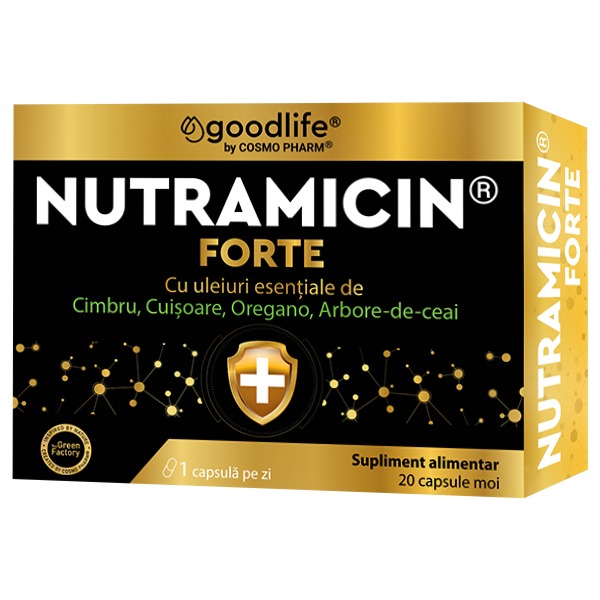
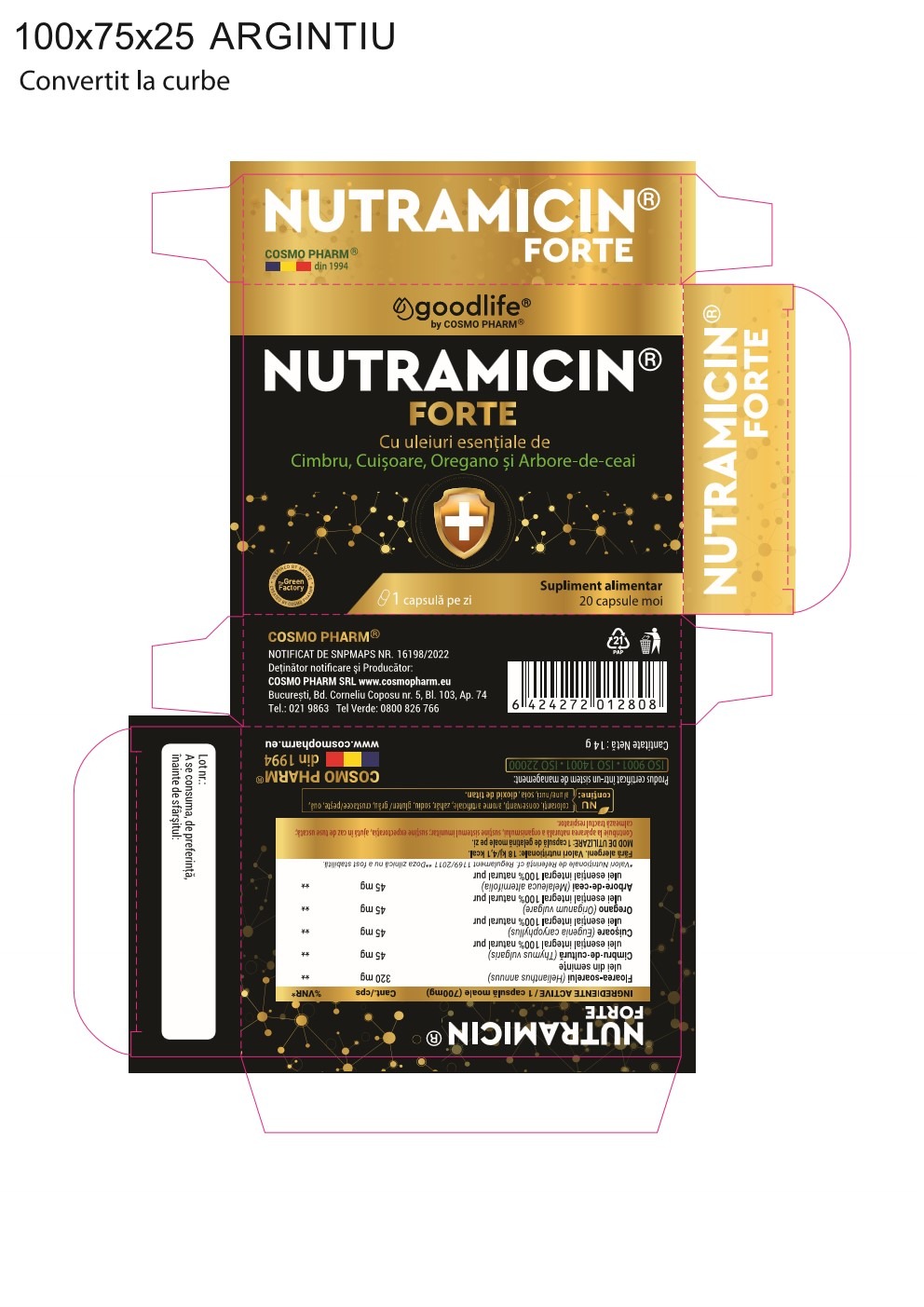
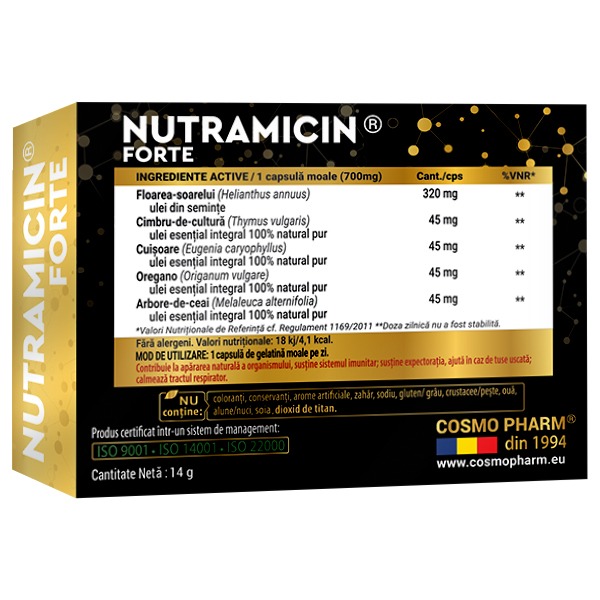
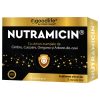
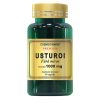


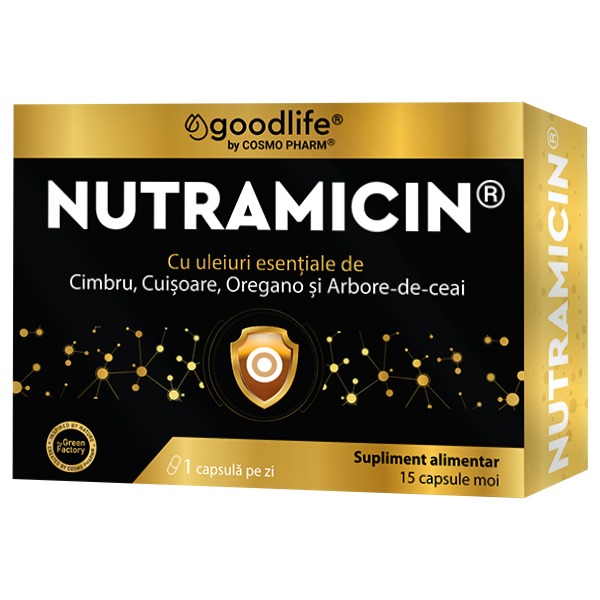
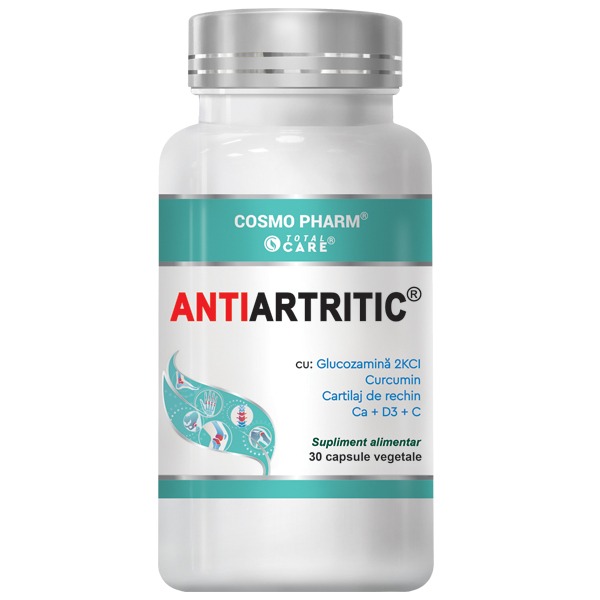
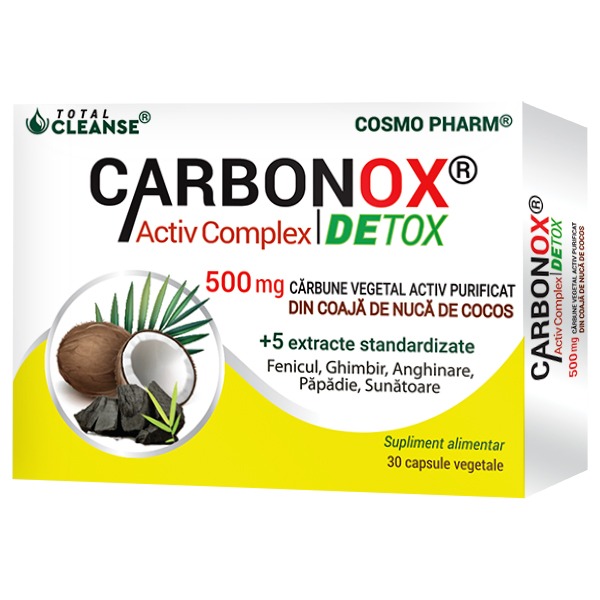
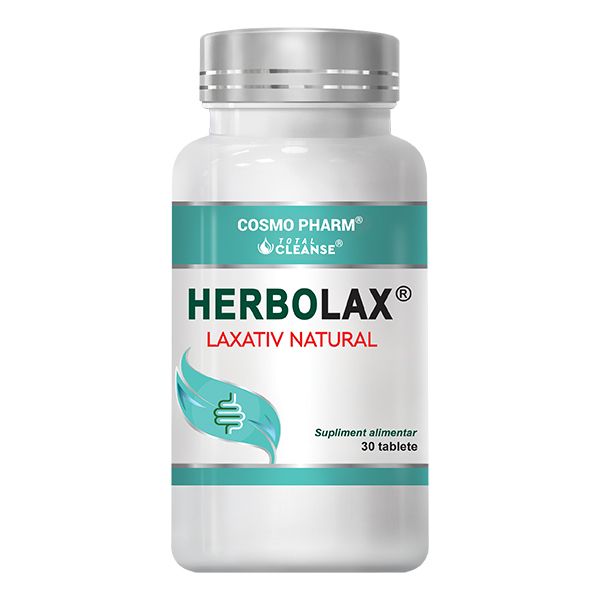
Reviews
There are no reviews yet.